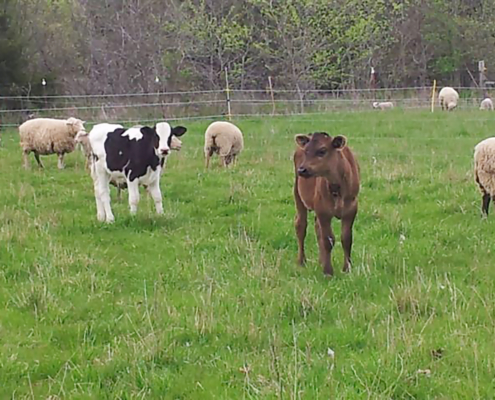 https://attra.ncat.org/wp-content/uploads/2022/04/catttle-and-sheep-grazing.jpg
1333
1778
NCAT IT
/wp-content/uploads/2022/06/ATTRAlogo_RGB-340x156.png
NCAT IT2022-06-29 16:10:242024-03-05 10:54:22Multispecies Grazing: A Primer on Diversity
https://attra.ncat.org/wp-content/uploads/2022/04/catttle-and-sheep-grazing.jpg
1333
1778
NCAT IT
/wp-content/uploads/2022/06/ATTRAlogo_RGB-340x156.png
NCAT IT2022-06-29 16:10:242024-03-05 10:54:22Multispecies Grazing: A Primer on Diversity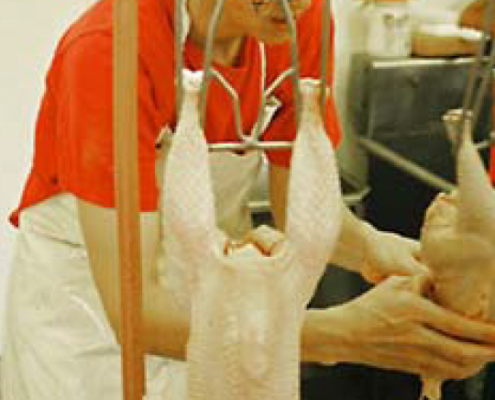 https://attra.ncat.org/wp-content/uploads/2022/06/eviscerating-1.jpg
765
540
NCAT IT
/wp-content/uploads/2022/06/ATTRAlogo_RGB-340x156.png
NCAT IT2022-06-29 11:56:052024-04-08 11:40:57Small-Scale Poultry Processing
https://attra.ncat.org/wp-content/uploads/2022/06/eviscerating-1.jpg
765
540
NCAT IT
/wp-content/uploads/2022/06/ATTRAlogo_RGB-340x156.png
NCAT IT2022-06-29 11:56:052024-04-08 11:40:57Small-Scale Poultry Processing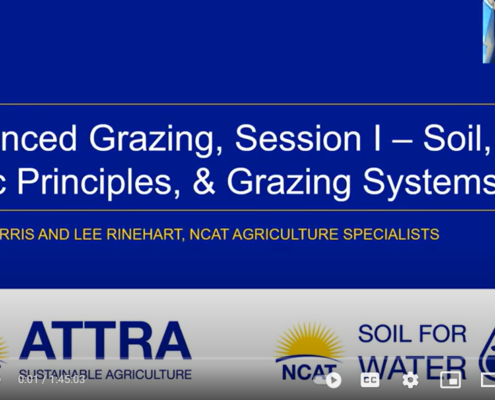
Advanced Grazing Series, Session 4: Adaptive Management
In this video, the fourth session of NCAT's Advanced Grazing…

Risk Management on a Livestock Operation. Part 1
Felicia Bell, NCAT Sustainable Agriculture Specialist at the…
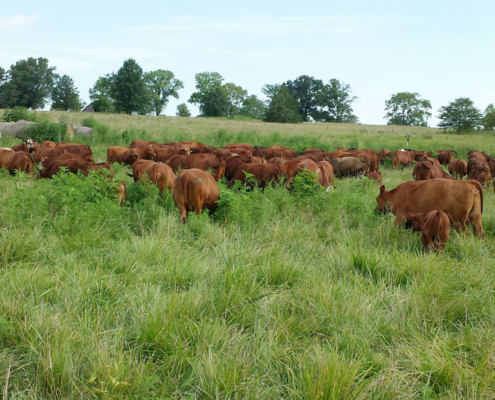 https://attra.ncat.org/wp-content/uploads/2021/03/Photo-1.jpg
1013
1800
NCAT IT
/wp-content/uploads/2022/06/ATTRAlogo_RGB-340x156.png
NCAT IT2022-06-27 12:10:142024-03-14 09:08:34Pasture, Rangeland, and Adaptive Grazing
https://attra.ncat.org/wp-content/uploads/2021/03/Photo-1.jpg
1013
1800
NCAT IT
/wp-content/uploads/2022/06/ATTRAlogo_RGB-340x156.png
NCAT IT2022-06-27 12:10:142024-03-14 09:08:34Pasture, Rangeland, and Adaptive Grazing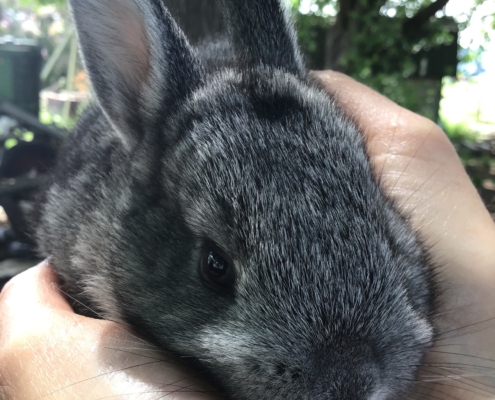 https://attra.ncat.org/wp-content/uploads/2022/06/bunny-lina-cropped.jpg
2444
2444
NCAT IT
/wp-content/uploads/2022/06/ATTRAlogo_RGB-340x156.png
NCAT IT2022-06-23 14:44:352023-07-20 16:32:57Small-Scale Sustainable Rabbit Production
https://attra.ncat.org/wp-content/uploads/2022/06/bunny-lina-cropped.jpg
2444
2444
NCAT IT
/wp-content/uploads/2022/06/ATTRAlogo_RGB-340x156.png
NCAT IT2022-06-23 14:44:352023-07-20 16:32:57Small-Scale Sustainable Rabbit Production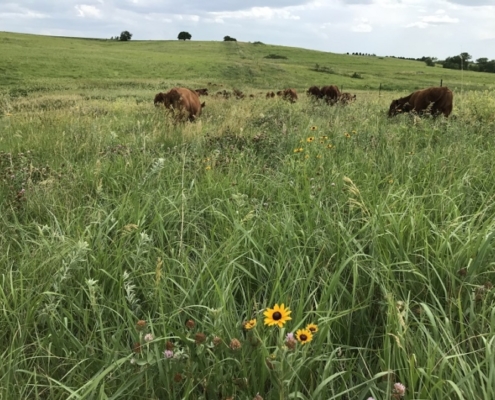
Graze, Move, Repeat
By Hernan Colmenero
To understand something, we must be…
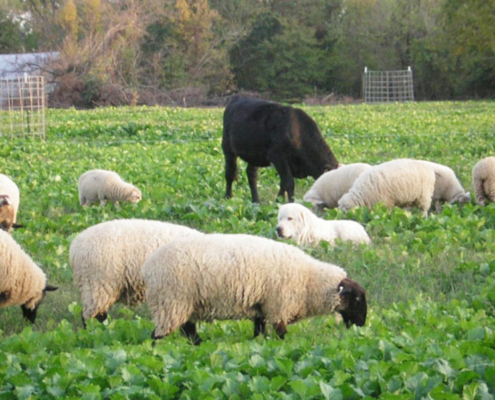 NCAT
NCATAdvanced Grazing Series. Session 3: Plants and Grazing Management
In this video, the third session of NCAT's "Advanced Grazing…
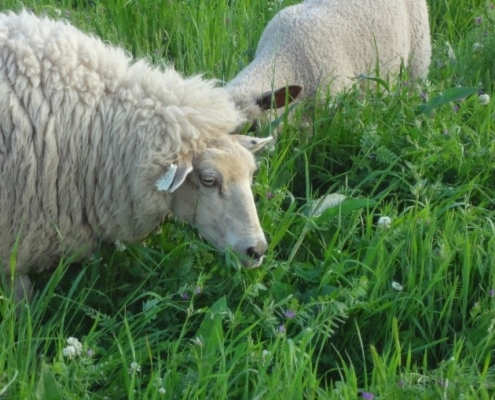
Advanced Grazing Webinar, Session 2 – Plants
Is it possible for weeds to provide equal or better nutrition than alfalfa? The second session of the National Center for Appropriate Technology’s (NCAT) four-part webinar series, Advanced Grazing for Regenerating Soils and Enhancing Animal Nutrition, addresses these questions by focusing on the plant side of the grazing equation.
Justin Morris and Lee Rinehart
Justin Morris and Lee Rinehart
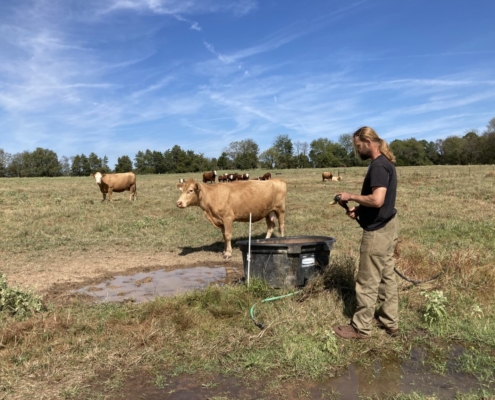
New Resources to Demystify Regenerative Grazing and Soil Health
The terms regenerative grazing and soil health have started to seem almost ubiquitous in the world of agriculture. This is heartening for me as a soil specialist with NCAT, where I consider it part of my job to help producers understand and take care of their soils, as it is key to their long-term success as farmers and ranchers.
Nina Prater
Nina Prater
Freshly Picked
- Automation Lends a Helping Hand in High Tunnels and Greenhouses
- Agricultural Regions Showing Accelerated Decline in Bird Populations
- Online Game Helps Farmers Market Vendors Learn Food Safety
- North Carolina Agriculture Manufacturing and Processing Initiative
- Research Exploring Effectiveness of Riparian Buffers for Capturing Pesticides
NCAT Websites
Get Help
Ask an Ag Expert
Call us: 1-800-346-9140
Visit the Forum
Don’t Miss!
National Center for Appropriate Technology
Helping people build resilient communities through local and sustainable solutions that reduce poverty, strengthen self-reliance, and protect natural resources.
